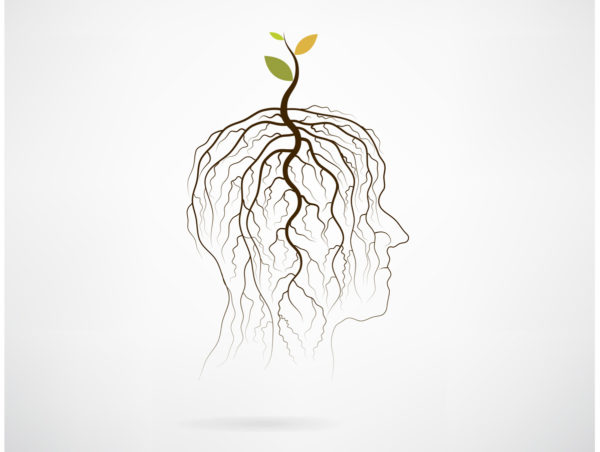
John holds the Distinguished Chair in Contemplative Humanities, a newly endowed position created through the Center for Healthy Minds. He also holds a co-appointment in the Department of Asian Languages and Cultures at the University of Wisconsin–Madison.
Until January, 2016, John was an Associate Professor in the Department of Religion and the Graduate Division of Religion at Emory University, where he co-founded the Collaborative for Contemplative Studies.
John's work focuses on Buddhist philosophy and contemplative practice, especially in dialog with cognitive science. His publications range from technical works on Buddhist epistemology to broader works on the nature of Buddhist contemplative practices such as mindfulness. He speaks in both academic and public contexts, and he occasionally teaches for Buddhist communities, most notably the Upaya Zen Center in Santa Fe, New Mexico. In addition to serving as a faculty member at the Center, he is a Fellow of the Mind & Life Institute, where he has previously served on the Board of Directors. John also serves an academic advisor for the Rangjung Yeshe Institute.
Some publications can be downloaded on the publications page of his website.
Audio or video of some talks is available on the audio/video page of his website.
Education
Ph.D., Harvard University, Committee for the Study of Religion
M.A., Harvard University, Sanskrit and Indian Studies
B.A., Amherst College, English Literature
Links
Related Studies
Scholars at the Center examine perceptions and experiences related to mindfulness and how they contribute to studying differing practices.
Examining Individual Differences in Contemplative Practice Response
This study seeks to build upon knowledge from Tibetan medicine through examining well-being data and microbiome measures on a variety of people with varying levels of meditation training who have participated in previous intervention studies to gain a better understanding of what works for whom and why.
Moral Psychology and Flourishing
What drives moral behavior and greater well-being?
The Field Study of Long-term Meditation Practitioners and the Tukdam Post-death Meditative State
A global community of field researchers are collaborating on a study of an ancient monastic post-mortem meditative state known as tukdam, practiced by present-day expert Tibetan Buddhists and how such a practice might offer insight into mental, spiritual, and physical well-being during the death process, both for the dying and for their support community.
The Student Flourishing Initiative
Center for Healthy Minds researchers, along with partners at Pennsylvania State University and the University of Virginia, are creating and studying the impact of a well-being curriculum for college freshman.
Understanding Mindfulness through Buddhist Contemplative Practice
How can Buddhist traditions influence the study and practice of mindfulness today?







